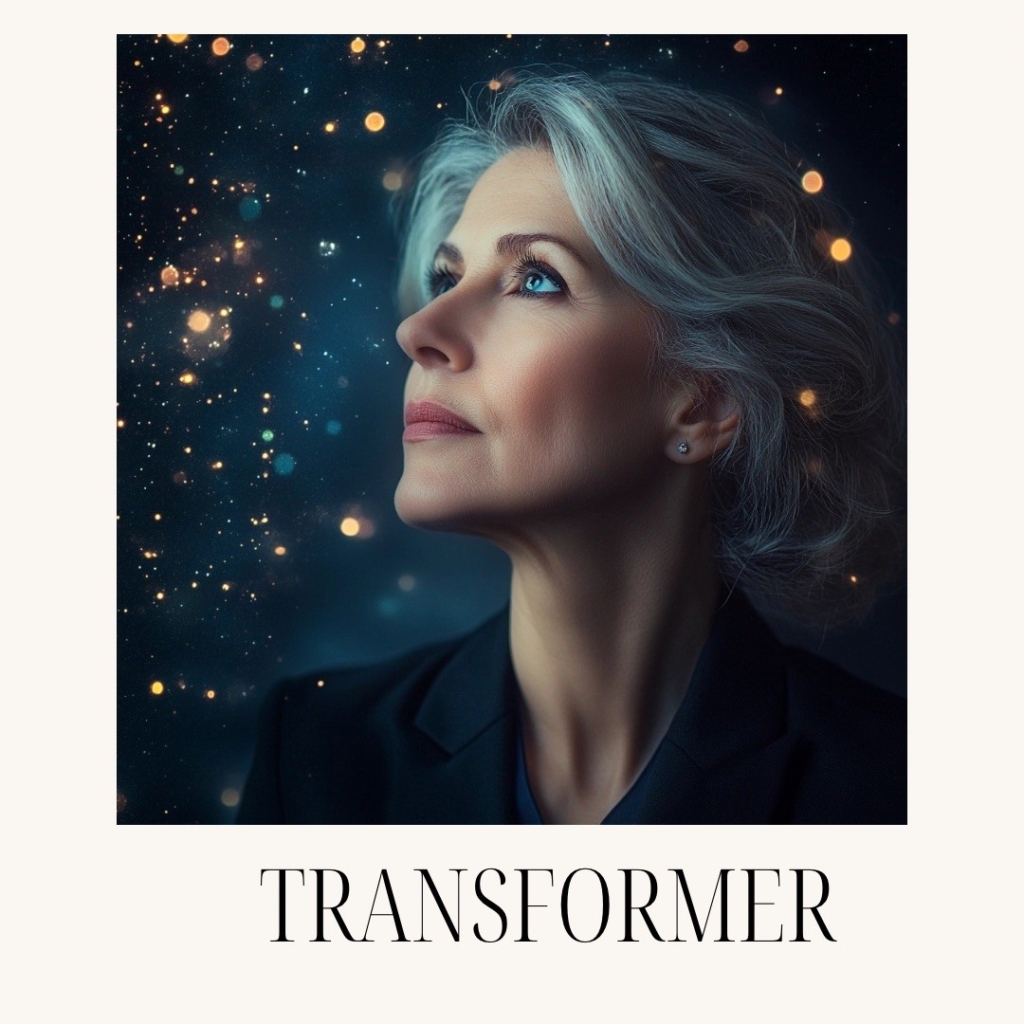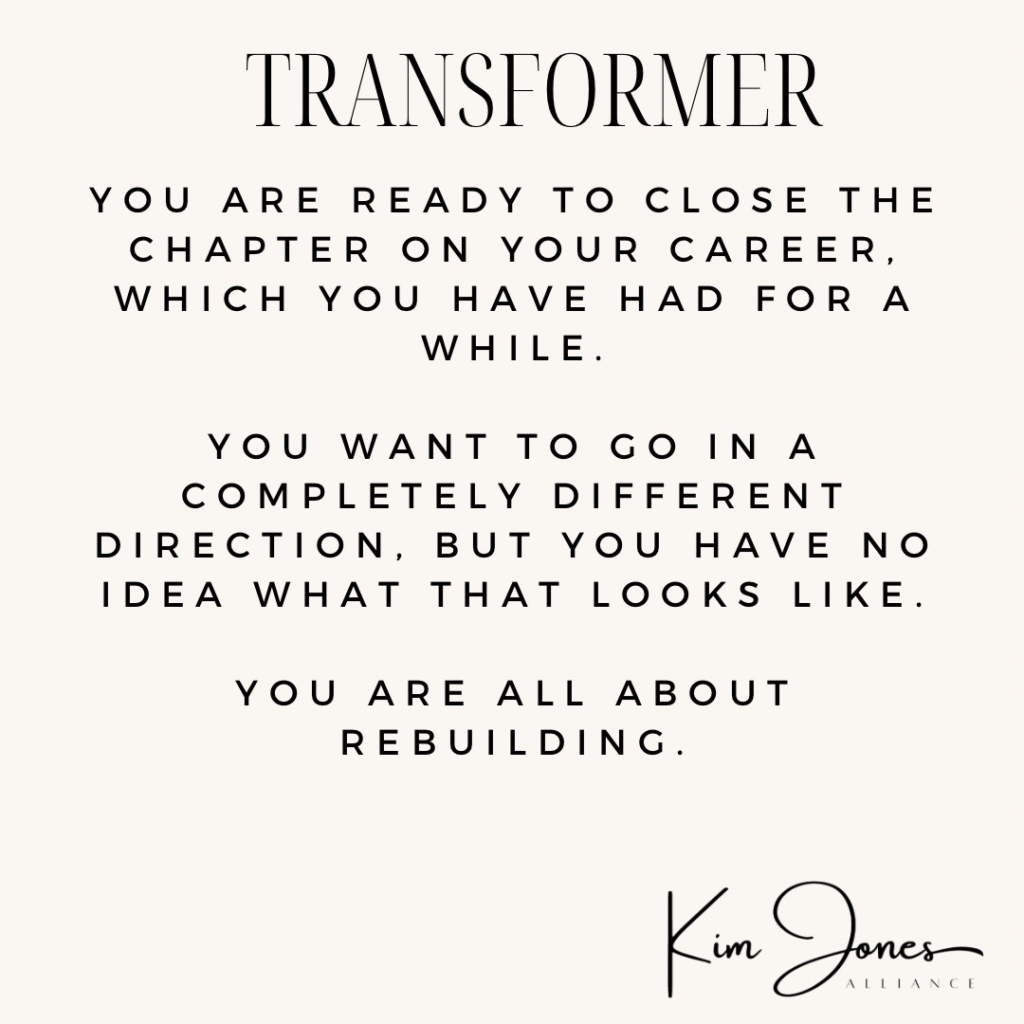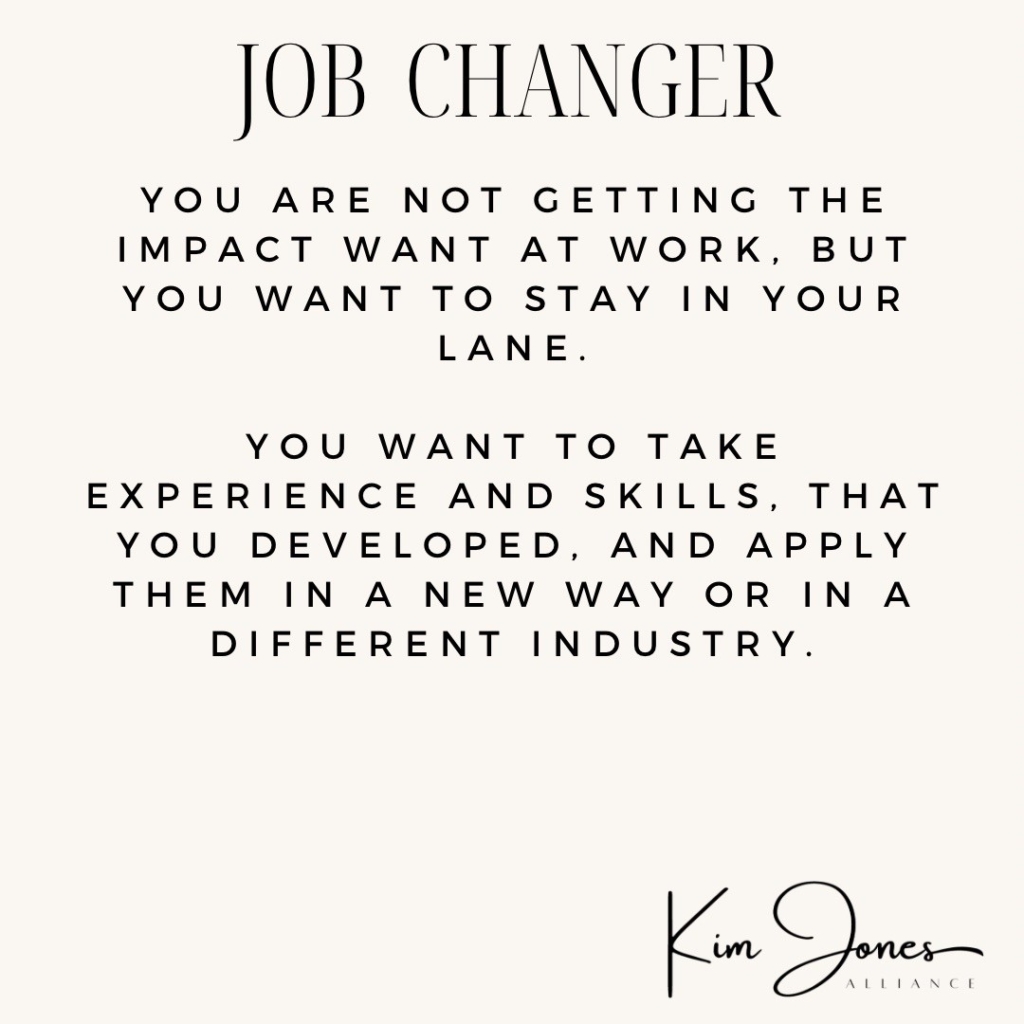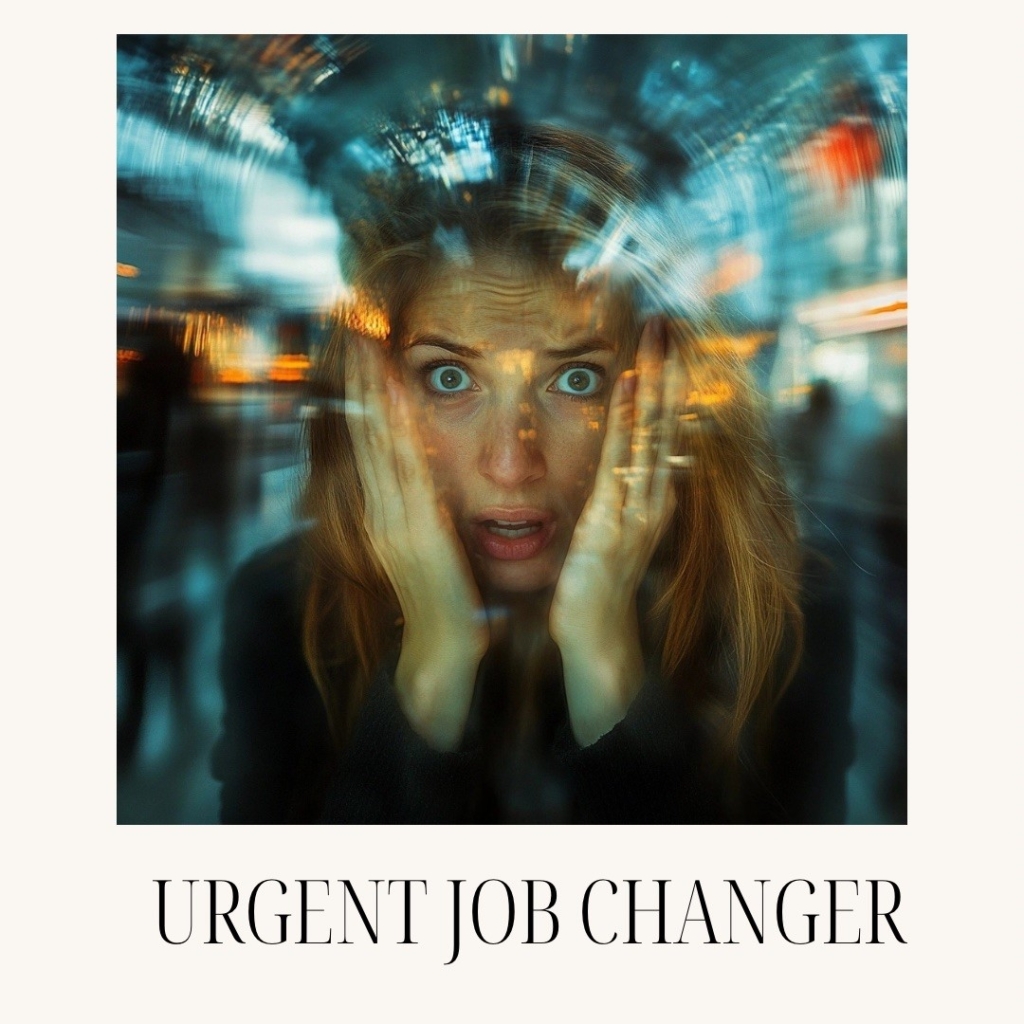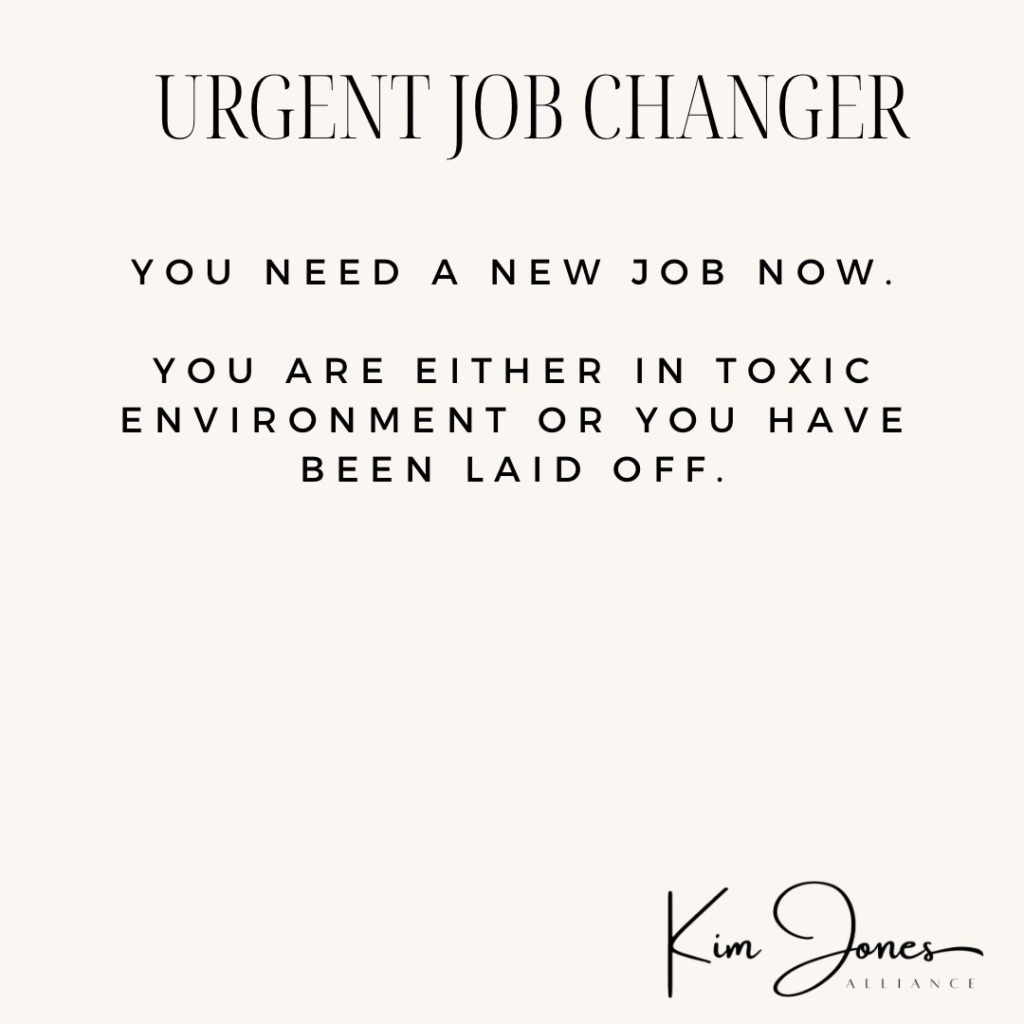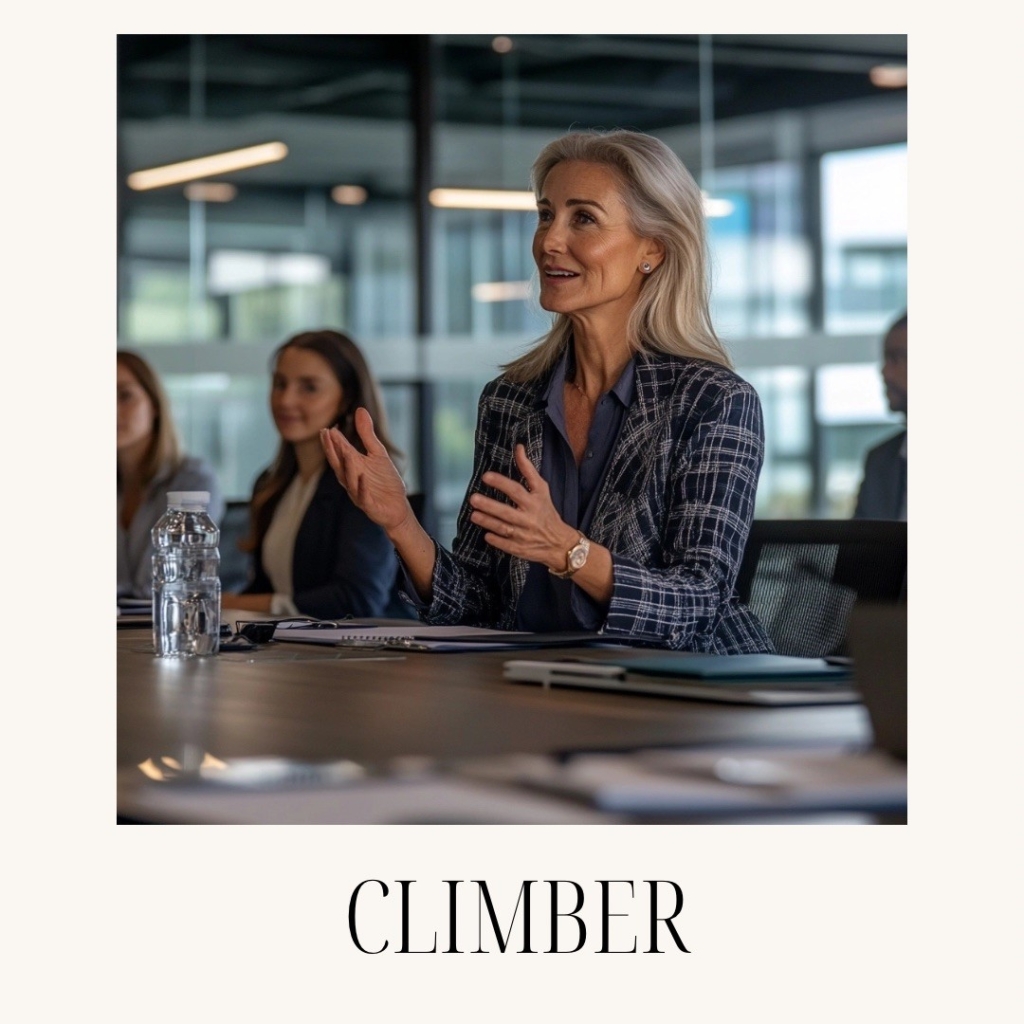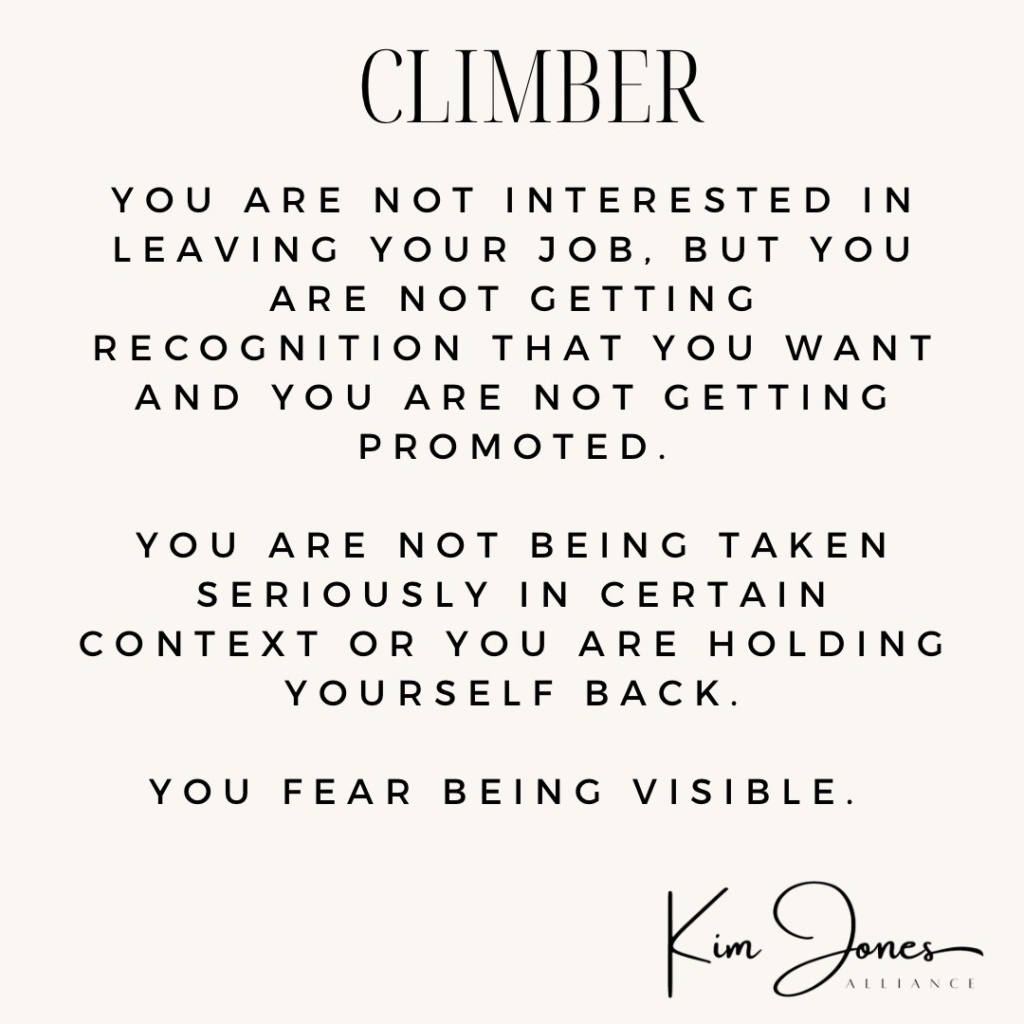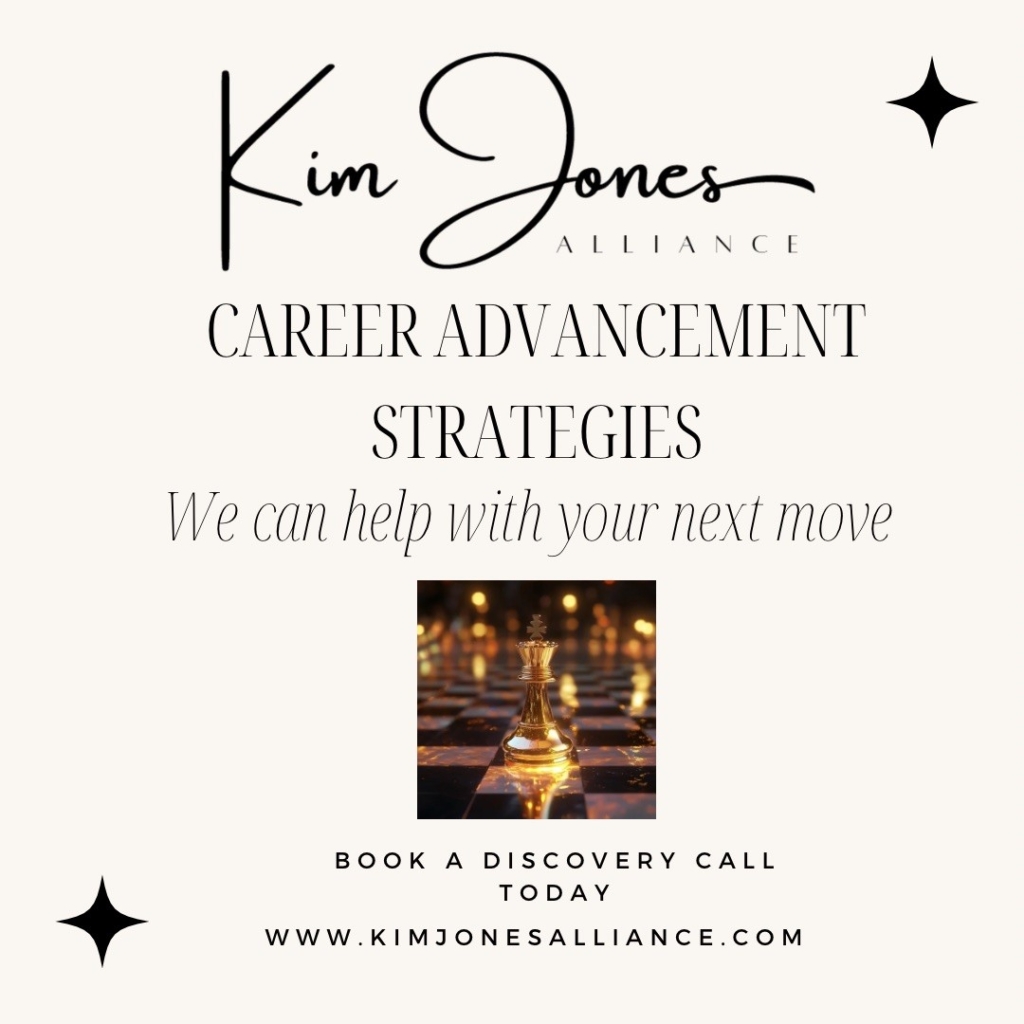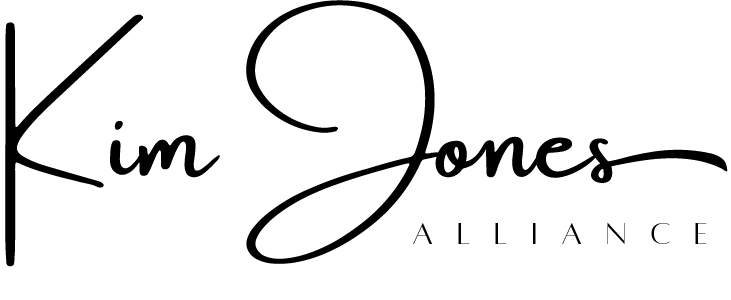Leaders Creating Ruckus Podcast Transcript
Aashi Arora
ERS creating ruckus where we explore how disrupting the status quo can create long-lasting opportunities. I am your host Aashi Aurora. I’m an executive coach where I help professionals learn how to rise in leadership. I bring to my clients, as well as to my listening audience, over 20 years of leadership experience and I’m excited to share all that I can, so if you’re searching for ways to get notice for the next promotion, wanting to launch your own business or integrate work better into your life, then tune in each week.
I promise you will hear from amazing leaders, who have so many pearls of wisdom to give us and one of these amazing leaders is here with us today, Kim Jones.
Before rising to divisional Chief Information Officer at Farmers Insurance Company, Kim held multiple executive level roles at Fortune 250 companies over her 25-year career. She now coaches leaders to reach their highest professional potential, focusing on working with professional women seeking to rise in leadership ranks. Kim also provides career coaching for women looking to make a greater impact through their work.
Kim is a speaker on core 21st century leadership skills and is a gender equity advisor to companies, committed to fostering the advancement and well-being of women in work.
Kim is a mentor to high potential women in I.T. and serves as faculty for the women in leadership through the Irvine Technology Corporation. She’s credentialed through the International Coaching Federation and holds an MA in anthropology, an MBA and a bachelor’s in psychology, along with a Women in Leadership Certificate from the Yale School of Management.
My goodness, Kim, with all those credentials, I am so happy to have you here on our show! How are you?
Kim Jones
I’m doing wonderful, Aashi, thank you so much for having me, it’s such a privilege to be here and I always love our conversation, so I’m really looking forward to diving into some topics with you today.
Aashi Arora
I am extremely grateful! Coming off of Thanksgiving, and this time period I’m super grateful to have gotten to really get to know you well over the last couple of years and gotten to see different aspects of your leadership journey. What I’d like to do is start off with helping our listeners learn a little bit more about you and your background so where did you grow up Kim?
Kim Jones
I grew up and most of my life has been in Southern California. I grew up in Simi Valley in Ventura County and have been in Ventura County since I was a kid, but I was actually born in Germany to parents who are American citizens, so when me and my brothers were around seven, I was seven they were slightly older and younger, my parents were trying to figure out if they wanted to raise us there or here so we came to California.
My parents were both midwesterners, and why I like to mention that in my background is because I think that spurred my interest in different perspectives and in the ways that cultures impact how we operate and show up in the world.
Being a Cultural Anthropologist and someone who cares deeply about equity issues, I think those early learnings, of what it means to go from one culture to another in a very different context, were very formative for me. I currently live in Camarillo, California and love it here.
Aashi Arora
Thanks for explaining that background. I’m curious, because this is a term I haven’t heard very often so I’m guessing many of our listeners may also be unaware of, what is a Cultural Anthropologist?
Kim Jones
If you think about seeing the person in the khakis with the notepad sitting amongst a tribe of people, who are ethnically very different, taking notes and trying to fit in, that is actually a trope, a cliche of what a Cultural Anthropologist is, but let me let me see if I can explain what we actually do.
Cultural Anthropologists are interested in understanding the effect that culture has on the ways that people behave, the ways that they think, the ways that Power Systems are set up. The way that they do that is they immerse themselves in the cultures that are very different from their own and through getting a different cultural perspective can actually start to see the dynamics that occur within their own culture.
It’s interesting because cultural anthropology actually has a very long history that mostly includes anthropologists immersing themselves in exotic cultures that are foreign to the native culture. But more and more, there’s application for cultural anthropology within the society that the anthropologists grew up in.
For example, there’s a huge application for anthropology now in business, where business is looked at in a cultural context, as the field site where an anthropologist might look at from an outsider’s perspective. What are the norms, what are the values, what are the dynamics that are happening within an organization, to really start to solve complex business problems for more of that qualitative perspective.
An example might be, when I was working for Farmers Insurance, we were trying to get behind why agents weren’t cross-selling policies. Rather than selling multiple policies to a single customer, they tended to stay with one product. It didn’t matter how much we were incentivizing them or rewarding them, what was happening was a little bit of this model line practice. We were actually talking to some anthropologists about going out into the agent offices to understand their practices and how there might be some underlying dynamics that were disincentivizing them from doing the multi-line sales process.
That would be an example of where, as a company, if you have a lot of data that you’re analyzing to try to understand what’s going on with your customers or your employees or your products, you may not get the same kinds of answers as if you go out and actually live the experience of your employees or your customers to really understand how they are experiencing your products or your services.
So that’s where anthropologists really have started to make significant roadways inroads into a lot of different contexts that have nothing to do with the ways that we used to think about anthropology.
Aashi Arora
I have to admit, this is the time I’ve really thought about anthropology in the business context. I definitely have had conversations with you about anthropology in the coaching context, but really in the business operations culture context, that’s quite fascinating. I’m curious, what happened? What did they discover?
Kim Jones
We actually didn’t bring them in, but that was a challenge that was successfully addressed through a number of different initiatives that the company took. I thought what was so interesting was the company’s creativity that Farmers Insurance was using, really exploring different avenues for how we could get behind some of what we were seeing play out, that didn’t logically make sense from a data perspective.
Aashi Arora
Walk us through how you went from studying psychology and anthropology and ended up growing in the leadership ranks in the world of I.T.
Kim Jones
I do have an MBA, so I should say that was probably the phase of my life where I deviated away from the things that were most resonant for me. What I mean by that is, I got my undergraduate in Psychology, I had planned to be a psychologist, but then I got very spooked because of all of the narratives that were out there about how psychologists struggled and it was super competitive.
This is back in the late 80s and early 90s, when that was a very competitive field, so I actually followed advice and stopped listening to my own voice about what was going to make me happy career-wise and did the thing that many people do and abandon what they really want to build in favor of security and prestige and a safe path.
I switched from psychology, went and got my MBA and had every intention of rising through the leadership ranks of corporations. It’s funny to think about now, because the reason that was so appealing to me is because I used to work for Dole Food Company.
It was my first real job out of college and I used to watch these executives walking into conference rooms and their suits and their notebooks with assistants following them in and people bringing in lunches and coffee coming out with the these big important decisions having been made and I thought “you know, that looks really cool, I think that would be great. I’d love to have influence and power within an organization”.
So I was motivated more by an image than an actual understanding of what that kind of job required, which I learned on my own journey up to the divisional CIO position that I had.
My leadership journey was never about me pursuing my MBA. I never consciously chose that path. I often listened to advice and matched what I thought I could be good at with that advice, so often I was more responding to opportunities and guidance than I was to my own internal compass.
Because I was very good at business and I was very good at understanding how to navigate in those kinds of environments, get things done and lead people, all of those things came easily for me, and I was able to develop the skills effectively.
I kept rising until finally I realized that a lot of my goals to keep rising and to switch between different functional responsibilities within a company was being driven more by the fact that I wasn’t happy and I was trying to find satisfaction.
Aashi Arora
That’s so relatable and we hear this from especially women leaders, who think they’ve arrived at a position and they think that they are going to feel happy and then realize they are not happy. So they jump to the next thing and next thing and next thing and if you’re looking for something you haven’t really defined – it is hard to find.
Kim Jones
Absolutely, and that is really where I ended up – in burnout and dissatisfaction and having a very large job that felt like it was literally sucking the life out of me. And it was at that point that I finally decided to do something about it. Prior to that I just reacted by trying to fix something either in the external environment that I was in and the companies that I work for, or something internally with me, where I thought that I just need to make a shift and be happy with what I have.
I don’t even know if I consciously put words to it when I left the predicament I was in at the time.
It was burnout and I needed a break and I knew I needed to do something different, but much later, as I was reflecting back on that time, what I realized was that I was trying to solve a problem of misalignment in life.
I had the life I wanted to be living and the kind of life that I had actually built and so there was a lot of pulling up roots and trial and error and experimentation and finding my way through a very difficult time, because I had been so mono-focused on the life that I was creating that I found myself in a position of saying “I don’t know anything else, but this”.
It was weird because now I can tell the story of how I came up through psychology and that was what I would have really liked to have done and I gave it up, but at the time to me it was more like “I don’t know what I want”. I wasn’t even connecting that maybe there were some clues back from my younger years, it was so buried that it took some time to really surface what those areas of interest for me were.
Then my degree in cultural anthropology actually came as a result of looking at options and opportunities for anthropologists in business. That was the entry, but ended up being a sight on a path that required a sharp left turn.
Aashi Arora
I got to really applaud you for that bravery and identifying that even though many, looking from the outside in, would think that you’ve got the dream job, you’re in this executive role, you’re so well respected, you’re doing so well in it. Why would you leave that and you identified that it was not purposeful for you, something you were not passionate about, not something that felt right, and then wanting to take that time to explore it. At the time you didn’t really know it, you just knew you were burnt out from it whatever it was.
Kim Jones
Yes and that’s why now I’m so passionate about partnering with women who are starting their own journeys of exploring how they can better align their work with what they feel is the impact that they want to make in the world.
I was feeling my way through the dark and when I had made it through to the other side, there were so many things that I looked back and thought that if I’d have known this at this time or if someone had been there to tell me that this is a pretty normal process of major human transformation and that if you feel like you’ve lost your identity or you feel really uncertain about what you’re going to do or you feel emotionally like you’re not yourself – those are all normal things.
I thought there was something really wrong at the time and I didn’t quite know how to solve it, other than to say “I can’t go back to what I was doing before”. Now it is so important for me to normalize this process for people, who are more inclined now to make these kinds of changes post covid, where they are really thinking seriously about their careers and about how they want to build their lives to bring the meaning that they’re looking for.
It is about helping people understand that is a common, and not often talked about process, that people go through, who decide that it’s more important to build the life that they want than to stay in a situation that’s pretty good, but not giving them ultimately what they want to contribute.
Aashi Arora
Building the life that they want is very powerful, so tell us about how you went from cultural anthropology to coaching?
Kim Jones
Here is the story on that one. When I left my corporate job, I was absolutely convinced that I needed to be somehow viewed as an important and credible out in the world.
I thought that whatever I do next is going to have some component of social credibility and prestige associated with it, so I thought that I’m gonna go do this Cultural Anthropology, I’m going to open my own consulting firm and I’m going to work with companies who are looking to build High Performing Cultures.
I was really interested in the power dynamics that tended to create the inequitable environments that people in marginalized groups experience, and I was very motivated to have an impact in that area and I thought this would be the avenue for me to do that.
I finished my degree in December of 2019, right before the pandemic, I launched my business in January of 2020 and I felt so much resistance to opening this Consulting practice and it actually really scared me because of internal resistance.
I took three years off to find work that would be fulfilling to me and I was feeling like I was at the end of a vacation, dragging myself back to work, and it was such a moment of high concern for me, because I didn’t understand what was happening.
I was explaining it to myself in ways where I was saying that maybe I just didn’t want to work anymore. Maybe I got so burned out that I wasn’t going to be able to go back or maybe I just hate working now that I have all these voices, all these reasons why this was not the fit for me.
Then when Covid happened and I decided to put that business on hold to reevaluate, that was scary, because I’ve been working on this for three years and it was still a problem.
What I realized is that I would be going back to serve the same power system that I had been under for. We know that America has these structures that favor some and don’t favor others, and my concern in the Consulting role was that I would be pitching my services to the same power structures that I felt were creating the problems that I wanted to solve.
Meaning that I had to do the kinds of things that I did in corporate to try to get the dominant group, the white older men, who tend to still make up the leadership ranks in most companies, to care about the things that I cared about.
It’s not to say that they don’t care, but because they have different experiences it’s harder for them.
Aashi Arora
They may not always understand.
Kim Jones
Yes, they don’t always understand, so I realized that it was the issue and that’s when I decided to go into coaching instead, because my thought was that I can work with women, who are impacted by these systems, who are wanting to make a bigger impact through the work that they do and help them navigate those environments or define career path in a completely different context to build that life that they want.
For me to do that required the last piece of the journey, that was very very hard, which was letting go of the idea that I needed to be some kind of title out in the world.
And going into being a coach, which I’m very proud of now, but at the time it felt very uncertain if that was going to be the profession that I had envisioned myself being in.
Once I was able to acclimate more into the orientation of service, where I was there to serve the clients and greater mission through the work that I do around gender equity and empowerment, that’s when I felt like I turned the corner to start building that career that I now love so much.
Aashi Arora
Oh wow, that’s such a beautiful journey! You just displayed for us all the steps and even shared some of the vulnerable moments, so I really appreciate you being open and talking us through that, because anyone listening here could be thinking about the next thing that I want to start talking about, which is transitioning.
Career transition can mean a lot of different things and I know that you know about women in transition, especially given all the experiences you’ve had in terms of women in IT and seen women in leadership.
There are not a lot of women in leadership, not a lot of role models and then being one of the few role models for many IT leaders and women in IT, but in general there are so many sectors, especially in Corporate America, where it’s still so homogeneous.
It’s still very male dominated. We’re definitely seeing an expansion of diversity in a different sense, but I don’t know if we have really made many strides in terms of that gender diversity, which sometimes puts doubt in many women’s minds as they’re thinking about where that transition may need to be.
So tell us about women who are transitioning careers, maybe some of the clients you’ve seen and how to relay any other experience about a certain client you’ve had, that’s been in a career transition. What problem did they come to you with and what was their journey been and what was your impact on them?
Kim Jones
It’s such a great question, I actually thought a lot about this, where women start their journeys with their career transition and how those journeys can deviate often to so many different directions.
I now create avatars or profiles of clients, so when I’m talking to clients or potential clients, I always ask them to self-identify into one of the categories, because it helps me to understand what they want and then we track that throughout to see how it changes over time.
The first avatar I call the Transformers. These are the women that truly want to close the chapter on the career that they’ve had up until the point that they talk to me and they want to go in a completely different direction, but they have no idea what that looks like, so they are all about rebuilding and that is what I would have categorized myself as.
The next avatar I call Intentional Job Changers. These are women who are not getting the kind of impact they want in the work that they have, but they want to stay in the lane that they’re in, so they may want to take their experience and skills that they’ve developed and apply them in a different way or in a different industry or different role context. The work with them is about teasing out how they can transfer into a different context using a lot of the skills they have.
The next are the Urgent job Changers. These are women that pretty much need a job as quickly as possible, so many of these women are either in toxic work environments and they they don’t have the luxury of taking time off to think about their next move, they could be women who have been laid off and have a financial need to get back to work etc. Depending on which of those categories they fall in, we look at their career transition in slightly different ways, but we still go through the same steps of exploring what they want to do next, developing a narrative around where they’ve been and where they’re going and connecting the dots between their past experiences and what they want to offer going forward so they’re compelling to their next employer.
If they want to start their own business they need a compelling story about their own business and then we actually do the third phase, which is the job search where we we look at how they can market themselves into new positions, because the women I work with don’t get through the HR systems because they have non-traditional backgrounds for the kinds of jobs they may be looking at.
If you don’t have the same job title or the exact experience they’re looking for, the chances of you making it through their algorithms and recruiting processes are very small, so I show them how to network and build connections and tell their story in ways that make them compelling.
Those are basically the career changer avatars and then I also work with an avatar or a client profile that I call the Climber. These are women who are in jobs that they aren’t interested in leaving, but they’re not getting what they want from those jobs. Often they’ve hit an obstacle and they’re not getting promoted when they feel ready to be promoted, or they’re not being taken seriously in certain contexts, or they feel like they’re holding themselves back because they have a fear of being visible.
That would be the other type of client that I work a lot with and I help them overcome whatever obstacles are in their way in their current environment, so they can really thrive in them.
I have lots of stories of clients, for example, I had one client who was a senior leader in the healthcare industry in IT and she thought she wanted to just change to a different type of company and a slight change in industry at a higher level and she ended up becoming a cannabis consultant and starting her own business.
Aashi Arora
Wow
Kim Jones
That was a really fun client. I had a recent client, the complete opposite, who had thought she wanted to completely change up the job that she had, because she was unhappy. Through the process of working together she realized that where that was coming from was internalized messages that she always needed to be striving for more and once she realized that those weren’t her voices, she took a step back and said “I’m happy with where I am and I want to spend more time with my family”.
All of the big grand plans that she presented, when we started working together, kind of fell away and she was enjoying the life that she already had so there are all kinds of journeys that are very individual.
Aashi Arora
So true that it is individual. I want to summarize a few things. I’m going to paraphrase what you just said, in terms of how coaching creates that space of awareness. For your client, who realized that she did not want this grandiose plan and was actually happy where she was, that’s so powerful. She went through that journey to really create that space of awareness, have that self-reflection and be very content, hopefully, and happy with where she’s at. I love that you mentioned this in terms of how you work with different leaders and women and in transition and thinking about what their story is and accepting it and honoring it and identifying what they’ve learned from it.
I think that sometimes it’s very natural for many of us to not talk about some of the obstacles or even the failures and yet a lot of that is part of our story and our journey and that’s where a lot of that learning can be really powerful and come from getting people to think about what is their story, what do they want to be known for, what have they learned along the way, and then finding what that next step is.
As our listeners are out there paying attention, thinking about if that is also their career story, their journey and that is very intentional for me when I’m bringing guests on the show.
I want my listeners to hear each guest’s story, because I think it’s important for all of us to understand our own journey, our own story and before I make my next point, if you have any comments to add to that, please do.
Kim Jones
I have so many comments! First of all 100%, I agree with everything you just said, but I think what’s important is that often women are afraid to own their stories and that can actually become a significant obstacle in moving ahead.
Let me give you an example. I work with a lot of women who come to the realization, sort of mid-career so let’s say 40s and 50s, that the path that they’ve been on is not the path for them. But at that time, when they realize that, they’ve already started to talk themselves out of making a change. Because we’ve all heard the messages that women after a certain age are lucky to even have work, because we don’t have the skills or experiences that companies want or look for or that we don’t fit the profile of the sort of ambitious young up-and-comer current technology and all of that.
It’s that sort of idea, that my story is one that will keep me from building the life that I want, it’s so difficult to help people see that there’s a completely different way that your experience and skills can be leveraged and told so that it actually creates a competitive advantage.
I don’t like that term here, but it’s a benefit to the careers and the organizations that they could be working in.
I’ll give you an example, right now we are going through the most disruptive period in worker history. If you look at the results of the pandemic, the great resignation, all of the external politics that affect the workplace, the generational differences around worker priorities etc, all of those things are creating high levels of disruption in organizations and a lot of ruckus.
The challenge is that younger workers haven’t yet built the experience of going through lots of life challenges and coming back from really significant life events that tend to happen over time and so some of the most resilient empathetic or resourceful scrappy people are people who are older.
So if we start to tell the story that way, what we bring into these companies are those skills that are so important in 21st century leadership and are being actively recruited for by many organizations. They want empathy, flexibility, resourcefulness, resilience and that tends to come with aged experience for a lot of people.
But when we’re hiding behind our age, as if it’s something that we should be ashamed of, it really affects how we show up and how we communicate what we can bring to the table.
So when you were mentioning you know the importance of story, I agree with everything that you said, that once you own your story and understand how your story serves other people, that’s where you can really start to own the impact that you can have in the world.
Aashi Arora
Yes, so for our listeners out there, if there’s anything you take away from today, it’s the importance of writing out your story, talking about it, writing it out.
Sometimes you tell yourself a story in your head that’s not always entirely true, so if you can bring it out to talking about it with someone else, writing it out, going through the process of describing it, you might be able to identify what are some of those obstacles that are holding you back or some of that negative talk that is pulling you back or away from moving forward and creating that transition that you’re looking for.
Maybe you’re not sure what it is, but you know that something’s missing and you want to move forward with it.
Kim Jones
I totally agree, one of the things that breaks my heart in this world, more than anything, is to think about how many talented brilliant women are out there, who are holding themselves back, because they’ve bought into a story that they’ve absorbed from their families, their the society, the patriarchy, you name it, and those gifts will never be fully realized because of the ways that we buy into some of these things.
I appreciate the difficult work that it takes to pull the roots out, but it is the most important work, I think, we can do. Not just because we’re serving a vision for our own lives, but because we can be of so much service to this world, which has a lot of intractable problems, and I believe women bring really important skills, perspectives and experiences that can go towards solving some of these problems.
And yet we may never fully see all of that talent, because we’re hiding behind our age or our perceived limitations.
That to me is a problem that I want to try to have a small part in defining differently and shaping in a way that starts to, hopefully, move things in a different and better direction.
Aashi Arora
I think you’re handling it in a very big way, because for every one person you touch there’s probably hundreds that they end up impacting and touching as well, so you’re exponentially creating that impact.
I want to come back to this concept of networking, because you mentioned that as you were explaining the avatars and tying in networking.
How critical is it for women in transition to network? I’m finding that quite a few people, especially leaders, who look at networking as a quid pro quo, that there has to be this even exchange or people will say that they are too introverted to network.
I’m sure Kim you’ve heard all of that and much more. What do you tell them in terms of the importance of networking and how to do it?
Kim Jones
The first thing is that a lot of people tend to turn around in the process of going for what they want when they start to reach out, branch out, and try to form networks.
In the beginning for a lot of people it can be really difficult, because they hear the crickets, they’re not getting necessarily responses and it just reinforces what you just mentioned, those beliefs that this is kind of a an icky process, I’m bothering people, I don’t have anything to give them in return. I’m asking for help but I have nothing to offer like all of those ideas.
There have been studies on this that women network differently than men, because they have some beliefs that have to do with things like whether they can, whether they have value to offer in return or whether they’re using people or there’s some kind of a sleazy element to it.
So the first thing that I do with clients is dig into what are some of the beliefs that they hold that makes networking feel so very scary for them and often it comes down to a fear of rejection, when lack of response it’s taken personally.
It comes down to a fear of not being worthy or bothering, being an imposition in some way and because I am such a big believer in networking, where I tend to start with people is to explain to them that there are lots of people in the world that feel like networking is a waste of time or that people are imposing on them or they won’t do it, because they’re not comfortable with it.
You’re going to come across those and that’s going to be where you see the crickets and that’s just a way that they look at it, it’s nothing personal.
What you’re trying to do in the networking process is find the group of people who absolutely understand the value of having a network, where they’re not just taking, but also giving.
What I mean by that is, for example, for me, because I had so much help on my own career journey, I love to pay it forward, so if somebody is behind me in their career journey and they are looking to learn along the way and have mentors, it feels really great for me to be in that position where I can do that.
Now, of course, that’s my own belief and not everybody thinks that way, when someone approaches them, but people like me are who you’re trying to find when you’re networking. The ones that understand that if I help you it’s not necessarily that I expect it to come back to me from you. It comes back to me in the way that I feel like I’m serving and that I’m able to put something out there that’s going to be of value, because I’ve seen that benefit from my own self.
So when I explain that to people, that you’re really looking for one or two impactful people, who are going to get it and they can help you in a way that will actually change the trajectory of your own career journey.
That that’s where the magic happens, it’s not in you reaching out to 100 people and getting 100 responses, it’s you reaching out to 100 people and getting 10 really high quality responses,
Aashi Arora
It’s not the quantity, it is not about having a million Instagram followers, this is about the quality of the person and people you are networking with.
Kim Jones
Exactly, so understanding that those one or two people, that make all the difference, only happen if you’re sending out the hundred requests to find them, and then there’s also a similar process in the job networking. Let’s say you are wanting to switch industries and you’re trying to find people who will talk to you in that new industry and all you’re doing is getting rejections or crickets, nobody’s responding to you and you want to give up the thing.
I remind people that once you get one or two people, who do talk to you and then you ask them to introduce you to someone else and they make a personal introduction, which is much more likely to lead to a call, than a cold reach out.
Then you start to naturally align with people who are interested in what you’re doing and are aligned with what you want to do and then it starts reaching that tipping point that Malcolm Gladwell talks about where you put in all kinds of effort and then you reach your tipping point and then it becomes exponentially easier and you start to see the fruits of the effort that you didn’t see in the beginning.
That’s how I really work with people around networking, but if you don’t know any of that, it just feels like a really uncomfortable process. If you don’t understand that there’s this investment and this lead time and you know you’re just getting used to silence and things like that, it can really cause people to pull back very quickly.
And then they’re not going for what they want anymore and that’s again back to people just holding themselves back, because of how they interpret the things that are happening around them.
Aashi Arora
Yes,vget started and even if you get that one rejection it’s okay keep moving, keep trying through it. I would say that if my 40s self could have talked to my 20s self, I would have opened my LinkedIn account much sooner, because I worked in the University of California system, I worked in the same institution for so long, I didn’t really understand the value of networking.
I naturally did it a little bit here and there, but here was a tool that could have helped me stay connected with people I would meet at conferences or other people in Academia, in Academic Healthcare and administrative structures etc.
I didn’t really value it, so I had to start from scratch when I was starting my business.
I had to start thinking about different ways of networking, that I can go through my personal Network, I can go through my Professional Network and I realized that my Professional Network is all on my phone and that I didn’t really have everyone’s numbers. Then I went on LinkedIn and found one of the first bosses I ever worked for and I hadn’t talked to him in 20 years and it was such a powerful connection.
So it really took me a while. I had my younger 20-something-year-old cousins put together my LinkedIn profile for me one day, because I was so hesitant to do it.
And I’m not saying LinkedIn is the catch-all and that’s the way to do it, it is an avenue, but this concept of getting started is really important.
Kim Jones
Absolutely and Linkedin actually is the core and is at the center of the networking approaches that I teach my clients, because it’s such a powerful tool and people are on LinkedIn to network, so you’re actually going into an environment where people are generally speaking more open, especially if you come across people who are posting a lot and are active.
There are some who have been in companies for a long time and they’re not necessarily on the platform all that much or they may not be so open to connecting with others.
But there are so many people out there that are willing to connect just on you sending an invitation with a brief introduction. One thing, that you mentioned is that I didn’t stress enough, but I think it is a really important point is when you’re in transition, do more reaching out to some of those powerful contacts that you’ve had over the course of your career and re-warm up that connection that might have gone cold, because you never know where that could go.
This is something that I talk a lot to my clients about too is that when you are through your transition, keep your network warm. Don’t wait until you are looking for a job to reach out to people, because then you’re gonna feel that sense that they’re gonna know that you’re only reaching out because you want something, but there are so many ways to keep your connections warm.
You can like their their posts, send them a happy birthday note when LinkedIn tells you it’s their birthday, send them a thank you note for being your boss, you could warm up your old connection from 20 years ago, you could thank them for the impact that they had when you worked together and how that’s influenced relationship.
Those things go a long way, also for your listeners that aren’t necessarily looking for a career transition, just putting time 5-10 minutes a day into networking, can really help you have a network there when you need them. Rather than what many people face, who aren’t on LinkedIn virtually at all, who are then have to build a network from scratch and that’s doable work, but it’s hard work too.
Aashi Arora
It definitely was a couple of months of very intentional many hours of work towards building that along with networking. And in what you were just describing, I was thinking of this other leadership skill that it really helps when you’re thinking about networking is, you’re really relationship building and I think more and more thinking about 21st century leadership.
I love that you use that term. We’re looking at less of the Influential Leaders and more of the Relationship Builders, who are going to grow in the ranks of leadership and this is where women have a huge advantage, because it tends to come a little bit more natural to them.
I know you’re in Strengths Coaching, as I am, and we have four leadership domains. Most leaders are either Influencers, so they have that command control style to lean into a little bit more competition, easier to delegate and they’re very comfortable with risk.
The second type is the Executors, the ones that want to do it on their own, they want to get things done. Why give it to someone else when they can do it themselves.
The third is Strategic Thinkers, the ones that come up with a lot of the innovative creative ideas, they naturally gravitate towards leadership positions that allow them to have more of that strategic time.
And then the fourth is the Relationship Builders, the ones traditionally in leadership structures, especially in the executive ranks and the C-suite ranks we didn’t see as much, but we’re seeing them come up more and more now.
So when I think about networking I relate it to relationship building, if you can think about it even in that context, it may also help you think about it from a different perspective. So to your point of keeping your contacts warm, keeping those connections warm, at the end of the day it is about relationship building.
Kim Jones
It’s such an important point and if you look at what’s really behind the great resignation it’s not that the great resignation came from nowhere or was sprung up suddenly as a result of the pandemic. Workers have been feeling very disenfranchised with their workplaces for a number of years, if not decades or longer.
And the shift that really has been happening is that the pandemic has prompted a lot of people to think differently about what’s important in their lives and to really question the things that we’ve been told we should prioritize such as productivity, having a great job sucking it up etc.
Aashi Arora
Because loyalty … and that’s a whole other topic but …
Kim Jones
Yes, and this idea that work is not a means to an end, but work is the end in and of itself and we should all have the dream job because our lives should be built around work.
A lot of those values really got challenged under the pandemic and what we hear employees, who are leaving their jobs for something better say, is that they’re tired of being treated like a cog in the wheel and that they’re not humans, that they’re actually units of productivity that get treated as such.
So to your point on relationship building, so many workers just want to work for a company that treats them like they’re human beings with lives and with emotions. God forbid we have emotions or we should have things that require our attention outside of work or that we should be who we are versus the model of what the company thinks we should be.
All of those things require the kinds of leaders that you pointed to, that are very strong in relationship building skills.
Very interestingly, I was at a Gartner seminar at the beginning of the year, where they talked about the new leadership mandate of the 21st Century and the four traits of leadership that they mentioned and nowhere in that did they mention risk-taking and confidence and technical skills.
They mentioned empathy, flexibility, well-being and coaching, so they actually mentioned that the leaders of the 21st century need to put empathy on the list.
And can you imagine having those qualities in the 20th century being anywhere on a leadership list?!
And why is that so important, why is empathy so important ? Well, empathy helps us see the perspectives of other people, it helps us to walk in their shoes and through that process we can start to really get at what people are looking for, not only in their lives or in their work, but also in their lives overall.
When we understand that and we can be cognizant of how we approach the work that we do, it creates levels of engagement and performance and loyalty that companies are looking for now and that eludes them.
So all of these skills, that women bring, relationship building and empathy being at the top of the list, this is really the time for women to emerge in a leadership capacity where we can balance out all of the more traditionally coveted aspects of leadership like technical skills and that command and control and managing resources and pushing outcome etc.
Aashi Arora
Yes, beautiful, wow that was so inspirationally said and I think it’s really the perfect conclusion for our show today. Quite frankly, because you summarized it so well, those attributes of the 21st century leader, that are more and more going to be valued over what was traditionally valued before and especially that empathy is going to continue to be more and more coveted, versus what it was before.
So for any women listening, as well as anyone else listening, who is really thinking about women in their lives or women in the workforce, that are around them. It is good to remember that net summary of those natural attributes, that women in leadership can really bring and hopefully that can help to motivate and inspire and push someone on their transitional journey.
Any last words or any last thoughts as we close up today?
Kim Jones
Yes, I love this conversation so much, and I’m going to use your last comment to really point out what we were saying earlier, which is, owning our stories.
It used to be that if we’re seen as empathetic or someone who cared about their workers or who listened and collaborated, that was seen as a negative, so we would tend to keep those parts of ourselves hidden. Now embracing that as part of our story and the strength that we have I think is a great place for us to wrap up our conversation.
Aashi Arora
Love it, thank you, Kim, so much for being on our show Leaders Creating Ruckus.
It’s been a pleasure talking to you. How do people find you, if they want to talk more, connect more, network with you?
Kim Jones
Wonderful, I would love that and, by the way, thank you so much Ashi, for having me. It’s always so much fun talking to you, I know we could probably go on for another five hours.
Aashi Arora
I’ll have you back on the show Kim for sure. There are so many topics, especially in cultural anthropology, I would love to explore a little bit more with you.
Kim Jones
I look forward to it! You can find me at kimjonesalliance.com and on my LinkedIn at Kim Jones, and I look forward to any questions that any of your listeners have about any of the topics that we talked about today.
Aashi Arora
Yes and I would love to add to that LinkedIn plug. If there is another great take away from today, it is to open up your LinkedIn account or dust off your older LinkedIn accounts, and go ahead and connect with either Kim or I, or both.
We will accept your request. You just write us a little note that you listened to us on Ruckus Avenue Radio and we’d love to connect with you!
Thank you, Kim, this is Aashi Arora for Leaders Creating Ruckus, thanks for listening.

